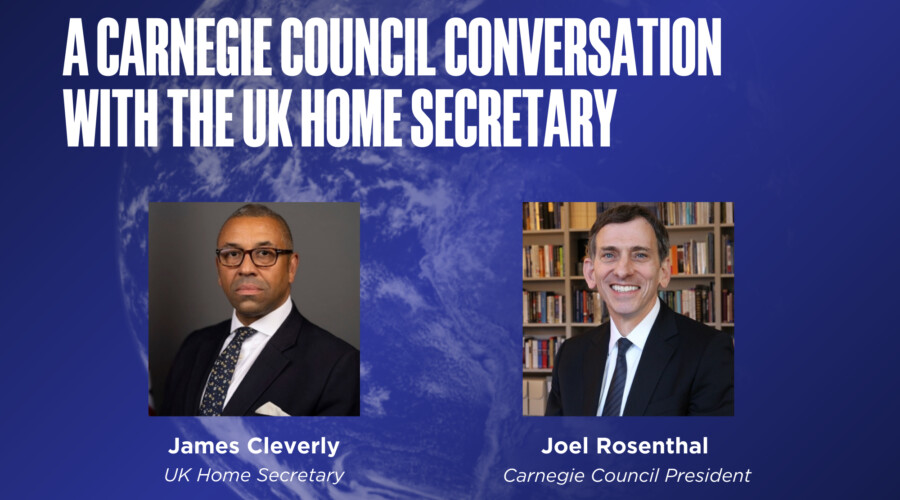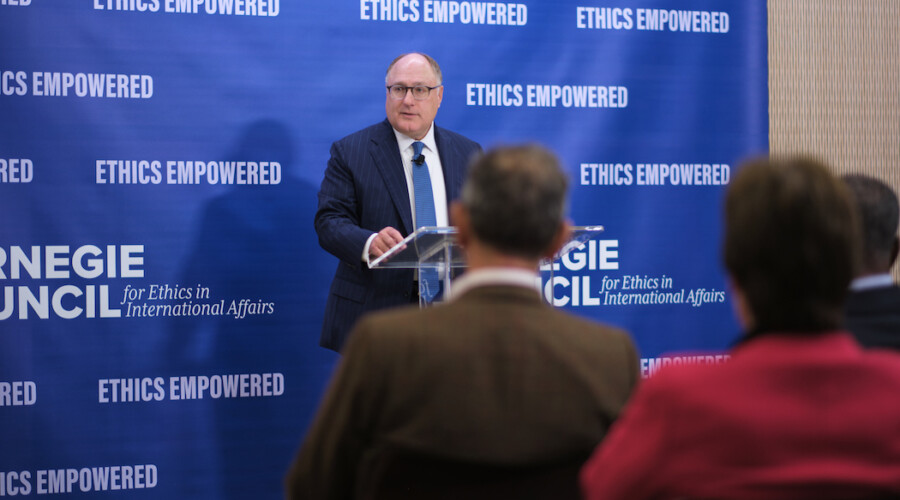Should cultural treasures, acquired under dubious circumstances, be returned to their places of origin?
Should cultural treasures, acquired under dubious circumstances, be returned to their places of origin?
Lord Elgin ripped the Elgin Marbles from the Greek Parthenon in 1802-12 and transferred them to the British Museum. Even if he had permission, as he claimed, he vandalized the Parthenon and took advantage of British power vis-à-vis the dying Ottoman Empire.
Many contend that keeping the Marbles in London saved them from certain damage and deterioration. But in June 2009, a state-of-the-art museum opened in Greece, with an empty space reserved for the Marbles.
The national position argues that countries are entitled to their past, their heritage, especially when improperly acquired; that there is a legal and a moral claim. As long as treasures can be safely housed, they should go back to their origin, where they can be seen in the context of their native soil.
The cosmopolitan position is that cultural treasures are a common, global inheritance. Museums with diverse collections are world heritage centers. Seeing different cultures all in one place causes visitors to make connections, creating a shared experience and worldview.
Heritage of nations or mankind? What do you think?
With thanks to The New York Review of Books. For more on this topic, see Who Should Own the World's Antiquities? and Grading the New Acropolis.


